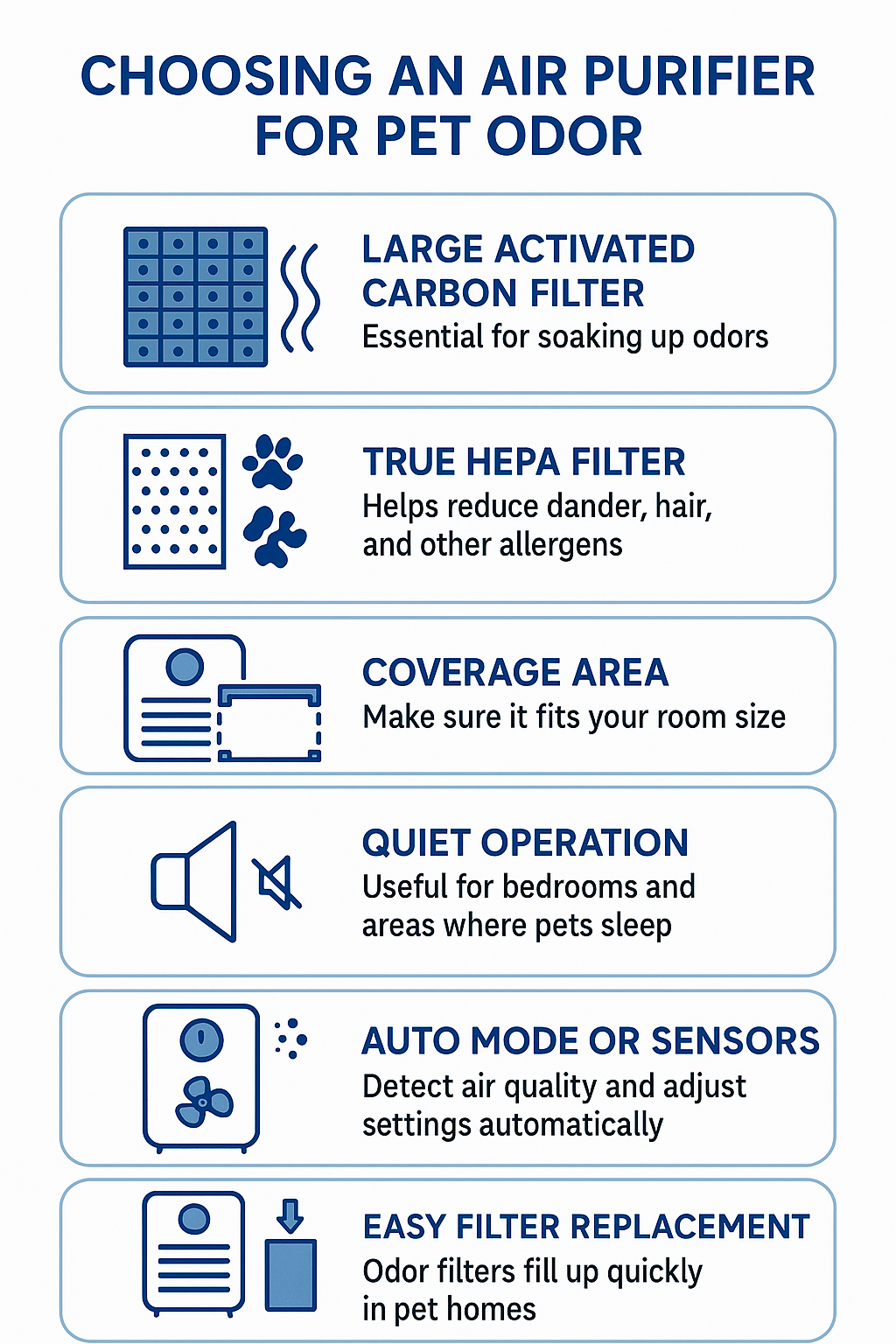How Long to Leave Air Purifier On: Best Daily Use Tips
If you’re wondering how long you should leave your air purifier on, you’re not alone. Many people buy an air purifier, turn it on, and then get confused: Should it run all day? Only at night? Just a few hours?
This blog will clear up your confusion. We’ll break down expert advice, real-world tips, and everything you need to know about air purifier runtime.
Why Does Air Purifier Run Time Matter?
Air purifiers help remove dust, allergens, smoke, pet dander, and odors from your air. But the amount of time they run affects:
- How clean your air stays
- How fast they reduce pollution
- Filter lifespan
- Electricity usage
So, knowing how long to run it can help you get the most benefits while saving energy and money.
How Long Should You Leave an Air Purifier On Daily?
Short answer:
Most experts recommend running your air purifier for at least 12 to 24 hours a day—and in many cases, continuously.
But let’s go deeper.
Why?
Air can become recontaminated with dust, allergens, or pollen within hours if the purifier is off.
Modern air purifiers are designed for safe, continuous use and are energy-efficient, especially ENERGY STAR-rated models.
Curious how quickly you’ll notice a difference after turning it on? Find out How Long Does It Take an Air Purifier to Work? A Detailed Answer to set realistic expectations for cleaner air.
Quick Facts Table
Situation
Recommended Run Time
Notes
Good air quality
4–8 hours per day
Not needed all day
Poor air quality
8–12 hours per day
Run longer if pollution is high
Allergies or asthma
24/7 if possible
Continuous use is best
New renovation or strong odors
24/7
Helps remove chemicals and smells
Nighttime use
All night
Improves sleep and breathing
When away from home
Can turn off
Run before you return for fresh air
Should You Leave Your Air Purifier On All the Time?
Yes, you can. Most modern air purifiers are made to run 24/7 safely. They don’t overheat and use minimal energy (especially ENERGY STAR-rated models).
Leaving it on continuously is the best way to maintain clean air, especially if:
- You have pets
- Someone smokes indoors
- You live in a polluted area or near traffic
- You suffer from allergies or asthma
If you’re still unsure about whether to keep your device running, check out Should You Run Your Air Purifier All the Time? Expert Advice Explained for a deeper dive into this common question.
What Happens If You Turn It Off?
If you only run your air purifier a few hours a day, air pollutants like:
- Dust
- Pet hair
- Smoke particles
- Mold spores
…can quickly return. It’s like mopping the floor and letting people walk on it with muddy shoes right after.
When Should You Run It?
At Night
Yes, run it while you sleep! Many air purifiers have sleep mode that makes them whisper-quiet. Clean air helps you breathe better and sleep more deeply.
During the Day
If you work from home or have kids around, running it during the day helps reduce daily air pollution from cooking, pets, or traffic.
Auto Mode: Let the Air Purifier Decide
Many modern purifiers (like Levoit, Dyson, or Coway) come with auto mode and built-in air quality sensors.
Auto mode adjusts the fan speed based on the air quality level, so it works harder when needed and slows down to save energy when the air is clean.
If your purifier has auto mode, you can leave it on all the time without worrying about electricity bills.
Does Running It All Day Waste Energy?
Not really.
Most air purifiers use as little as 10–60 watts on low settings. That’s like using a light bulb.
To reduce electricity costs:
- Use auto mode
- Choose ENERGY STAR-certified models
- Turn down fan speed when you’re not in the room
Can You Run It Too Much?
No—but you might need to replace filters more often. If you run your purifier 24/7:
- HEPA filters usually last 6–12 months
- Carbon filters last 3–6 months (sooner if removing odors or smoke)
Keep an eye on the filter change indicator. Not sure when to swap out your filters? Here’s a detailed guide on How Often You Should Replace Your Air Purifier Filter to keep your device running at peak performance.
Best Practices for Maximum Efficiency

When Can You Turn It Off?
Turn it off only when:
- You’re away for a long vacation
- The air is already clean and you’re airing the room
- You’re changing filters or doing maintenance
Otherwise, leaving it on is a smart move.
Final Thoughts
In most cases, running your air purifier all day and night is the best way to keep your home’s air clean.
If your purifier has auto mode, even better—it adjusts to your air quality and helps save energy. Want to make sure your air purifier is actually doing its job? Discover How to Know if Your Air Purifier Is Working: Expert Tips for simple ways to check its effectiveness.
About Author
Tayyabah Zahoor is an expert writer with a Bachelor's degree in Physics. She specializes in creating content for affiliate websites, particularly about air purifiers. Using her scientific knowledge, she compares different air purifiers by analyzing their features and effectiveness. This helps her provide clear and helpful information to consumers looking for the best options.
